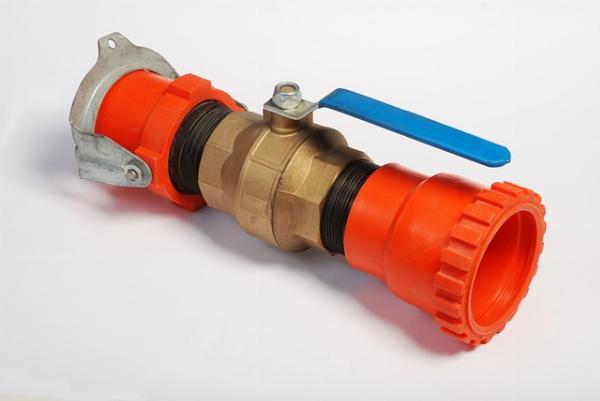 Social Media Content Packs – Stay Active Without Lifting a Finger!
Social Media Content Packs – Stay Active Without Lifting a Finger!
The Carbon Fiber Industry in 2024: Market Size and Growth Dynamics
Written by Shirlley » Updated on: June 17th, 2025

The carbon fiber industry has entered 2024 with unprecedented vigor, reflecting its expanding role across diverse sectors and its growing importance in a sustainable future. With a market size that continues to surge, driven by technological advancements and increasing applications, carbon fiber is proving to be a critical material in the modern industrial landscape.
Market Size and Growth
The global carbon fiber market size is projected to reach an impressive $8.3 billion by the end of 2024, growing at a compound annual growth rate (CAGR) of around 10% from the previous year. This robust growth is attributed to heightened demand from sectors such as aerospace, automotive, wind energy, and sports equipment.
The aerospace industry remains a key driver, accounting for nearly 30% of the total market share. Carbon fiber’s lightweight and high-strength properties are invaluable in aircraft design, leading to increased fuel efficiency and reduced emissions. With the aviation sector prioritizing sustainability, the reliance on carbon fiber is expected to grow further.
In the automotive sector, the shift towards electric vehicles (EVs) is accelerating demand. EV manufacturers are incorporating carbon fiber to reduce vehicle weight, thus enhancing battery efficiency and range. This trend is particularly prominent in high-performance and luxury vehicles, where manufacturers seek to balance performance with sustainability.
Regional Insights
North America and Europe dominate the carbon fiber market, with significant contributions from countries like the United States, Germany, and the United Kingdom. The presence of leading aerospace and automotive manufacturers in these regions underpins this dominance. However, the Asia-Pacific region is rapidly emerging as a crucial player, driven by expanding manufacturing bases in China, Japan, and South Korea. The region’s growth is also fueled by rising investments in wind energy projects and advancements in automotive manufacturing.
Technological Advancements
2024 sees significant technological advancements that are making carbon fiber more accessible and versatile. Innovations in production processes, such as automated fiber placement (AFP) and advanced resin transfer molding (RTM), are enhancing the efficiency and scalability of carbon fiber manufacturing. These technologies not only reduce production costs but also improve the quality and consistency of carbon fiber products.
Moreover, the development of low-cost precursors, such as lignin and polyethylene, is set to revolutionize the market. These alternatives to traditional polyacrylonitrile (PAN) are not only more sustainable but also cost-effective, broadening the potential applications of carbon fiber across various industries.
Sustainability and Recycling
Sustainability is at the forefront of the carbon fiber industry’s evolution. The environmental impact of carbon fiber production has been a concern, but the industry is making significant strides in recycling. Companies are investing in processes that can reclaim carbon fiber from end-of-life products, thus reducing waste and conserving resources. These initiatives are crucial as industries globally strive to meet stringent environmental regulations and promote circular economy practices.
Future Outlook
Looking ahead, the carbon fiber industry is poised for continued expansion. The material’s integration into emerging technologies, such as advanced composites and smart materials, will drive further innovation. Additionally, the ongoing focus on sustainability and the development of more efficient production techniques will ensure that carbon fiber remains a vital component in the push towards a greener future.
For More Info: - https://www.gmiresearch.com/report/global-carbon-fiber-market/
In conclusion, the carbon fiber industry in 2024 is characterized by robust growth, technological innovation, and a strong commitment to sustainability. As market demand continues to rise and new applications emerge, carbon fiber stands as a cornerstone of modern industrial development, driving progress across multiple sectors.
Note: IndiBlogHub features both user-submitted and editorial content. We do not verify third-party contributions. Read our Disclaimer and Privacy Policyfor details.
Copyright © 2019-2025 IndiBlogHub.com. All rights reserved. Hosted on DigitalOcean for fast, reliable performance.

















